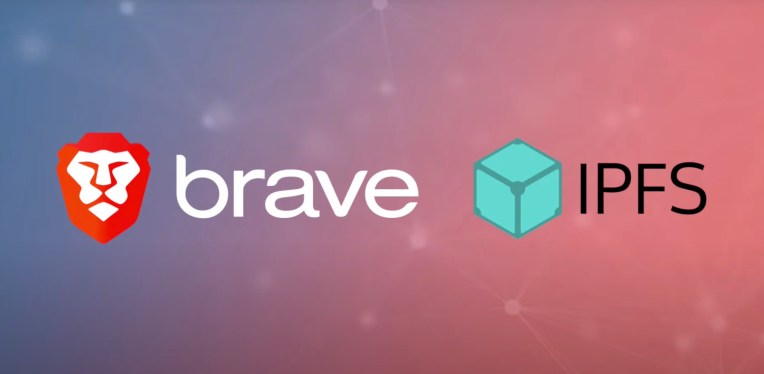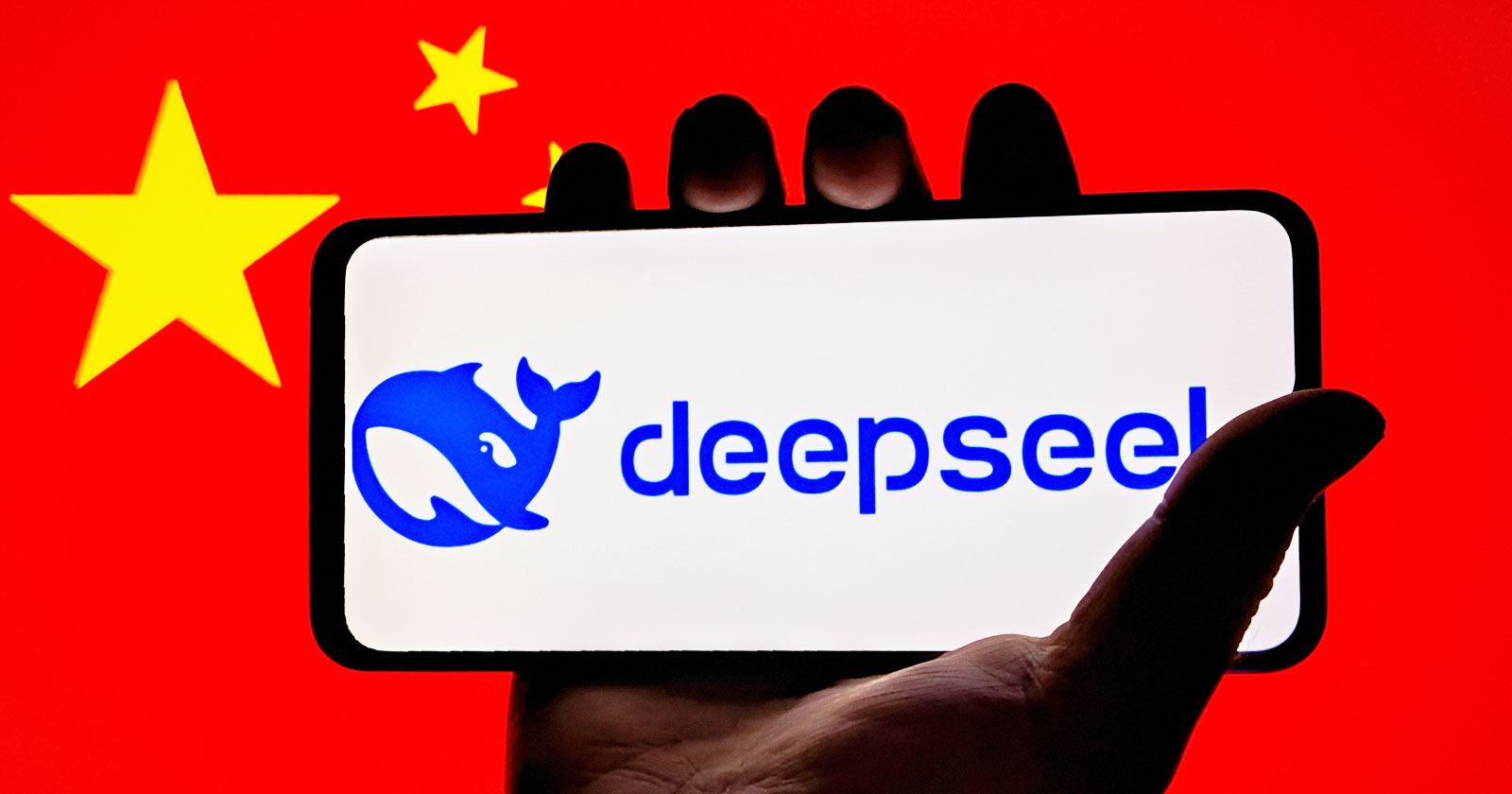What to expect from Computex 2022
Computex is right around the corner, and AMD and Nvidia will lay out their plans for the rest of 2022. Here's what to expect out of the event.
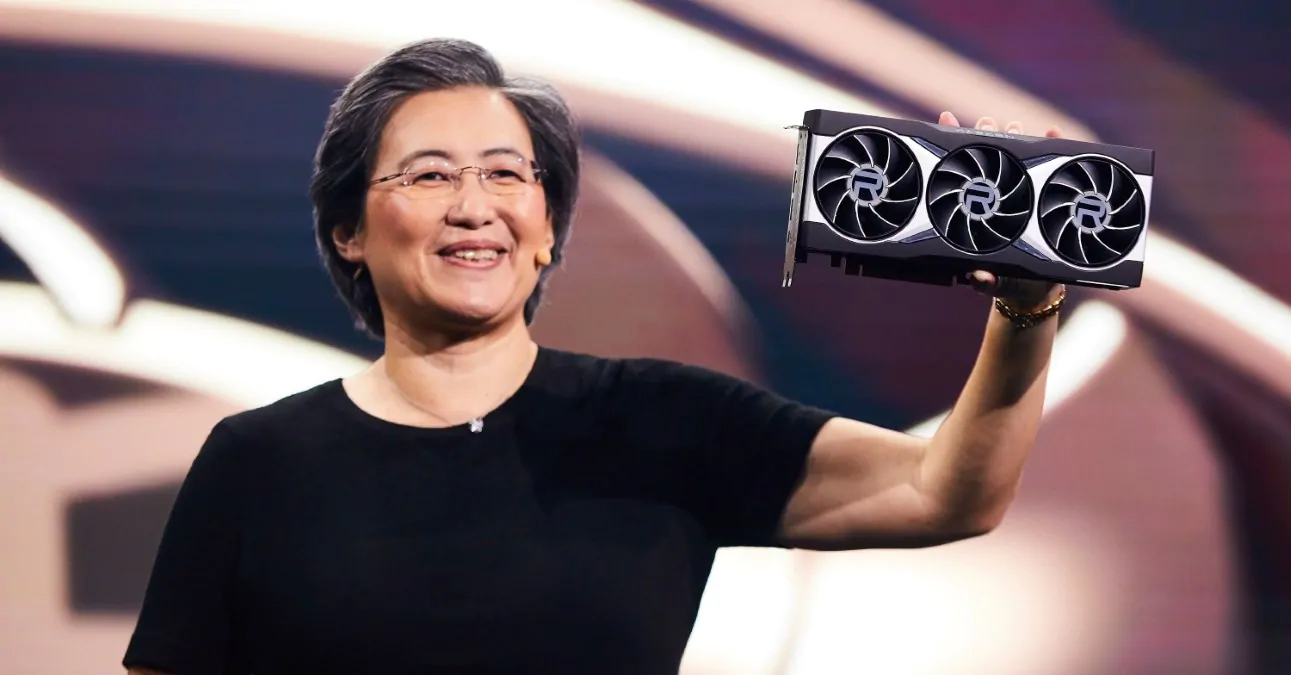
Computex 2022 kicks off on Monday, May 23, with big keynotes from AMD and Nvidia. Intel is surprisingly absent this year, but we still expect to hear major announcements from one of the biggest computing events of the year. Here’s what to expect before the first keynote starts.
AMD
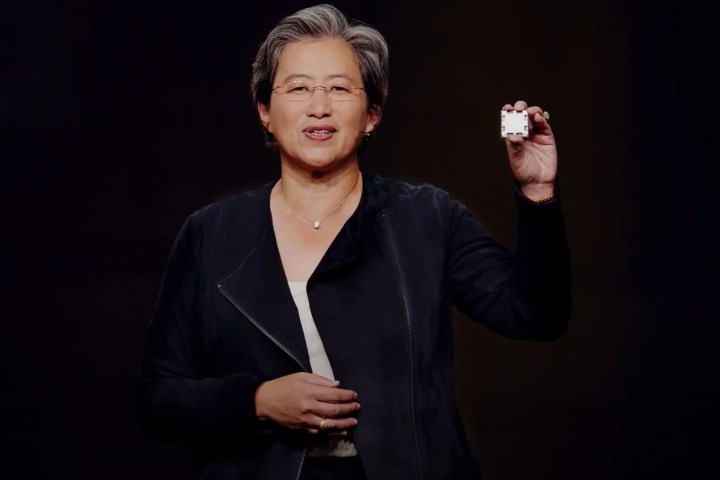 AMD
AMDAMD’s presentation technically starts on May 23, but that’s in Taipei. For the U.S., it will go live on Sunday, May 22, at 11 p.m. PT. It might be the most crowded of all since the company is expected to launch both new Ryzen 7000 CPUs and Radeon RX 7000 GPUs later this year. On its Computex-focused webpage, AMD says its presentation will share “the AMD vision to advance the PC experience through next generation mobile and desktop PC innovations” and will show “cutting-edge CPUs, GPUs, and software.”
Ryzen 7000 was first announced back in January at AMD’s CES presentation. It announced some of the key points of the new desktop CPUs (DDR5 and PCIe 5.0 support, a new architecture, and a new node) and also showed a demo of a Ryzen 7000 CPU running Halo Infinite. This is similar to Ryzen 3000, where AMD teased the processors at CES and launched them at Computex. We might see the same thing this time around.
Based on the new Zen 4 architecture and TSMC’s 5nm node, Ryzen 7000 represents the biggest jump since Ryzen 3000, which also featured a new architecture (Zen 2) and node (TSMC’s 7nm). Although Ryzen 3000 doubled the mainstream core count from eight to 16, it’s unlikely we’re going to see a boost to core counts this time around, though we can definitely expect gains in IPC (much like Ryzen 5000) and clock speed. It’s also possible that Ryzen 7000 will make more use of the V-Cache technology that debuted in the Ryzen 7 5800X3D.
Since Ryzen 7000 laptop CPUs will launch no sooner than 2023, any Ryzen 7000 news is probably going to be limited to the desktop. AMD’s webpage does explicitly mention “mobile PC innovations,” but we’re about a year away from the next generation of laptop CPUs, so it’s hard to expect much if any news. But maybe AMD will surprise us.
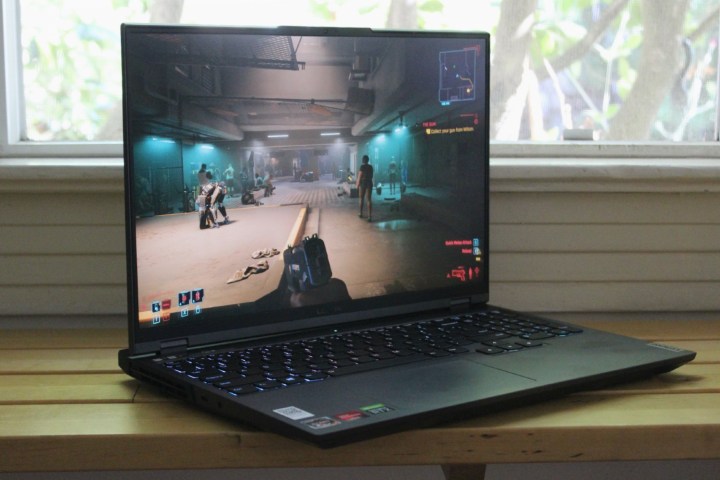
AMD hasn’t really talked about its next-generation gaming GPUs yet, not even the name of them (though we can safely assume they will be called RX 7000). All it has disclosed so far is that the next architecture is RDNA 3, that it’ll be on an “advanced node” (probably TSMC’s 5nm), and that it will launch before the end of 2022. Since we’re almost halfway through the year, it seems likely we’ll see the first official glimpse of RX 7000 next week.
RDNA 3-based RX 7000 GPUs are expected to provide a significant boost in performance thanks to architectural and especially node improvements. GPUs in particular benefit from new node technology, so we should expect a major performance uplift here. To accommodate improved core performance, AMD’s new GPUs are rumored to have a wider memory bus, which means more memory bandwidth. AMD also seems to be introducing PCIe 5.0 support on at least one RDNA 3 GPU.
Nvidia
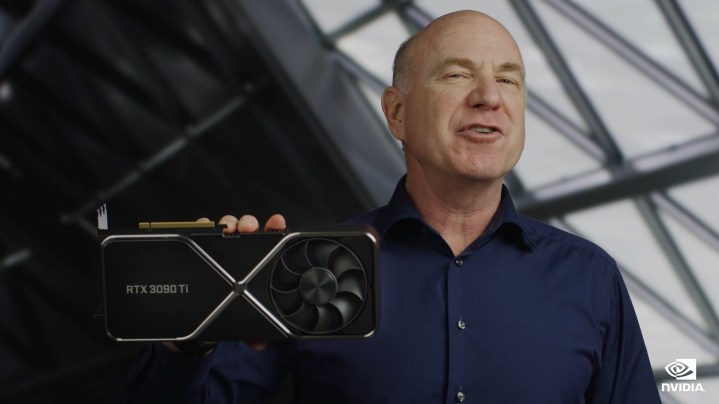
Nvidia’s presentation starts on Monday, May 23, at 8 p.m. PT. The company is as tight-lipped as always and hasn’t even mentioned “RTX,” “40,” and “series” in the same sentence. In fact, Nvidia rarely ever talks about upcoming products unless they’re a few weeks or a month away from release.
We’re probably only going to get an RTX-40 announcement from Nvidia if we’re about a month from its launch, and this seems unlikely. There’s about a two-year gap between every Nvidia GPU launch, and it’s only been a year and eight months since the RTX 30-series launched. Maybe Nvidia has picked up the pace, but given the pandemic, it’s hard to imagine that.
Despite this, some claim that Nvidia’s next-gen GPUs are just around the corner and will launch in mid-July. There is some evidence a new gaming GPU will be unveiled at Nvidia’s Computex presentation, too; Jeff Fisher, a Nvidia executive who revealed the RTX 3090 Ti at CES 2022, will be part of the presentation. However, it’s much more probable that Fisher is going to talk about the rumored GTX 1630, which is said to launch shortly after Computex.
Aside from the RTX 40 series, Nvidia will talk about its data center efforts. We already saw much of the progress here at GTC 2022 in March, so Nvidia will likely focus on the progress it has made with partners, not new product announcements.
Intel
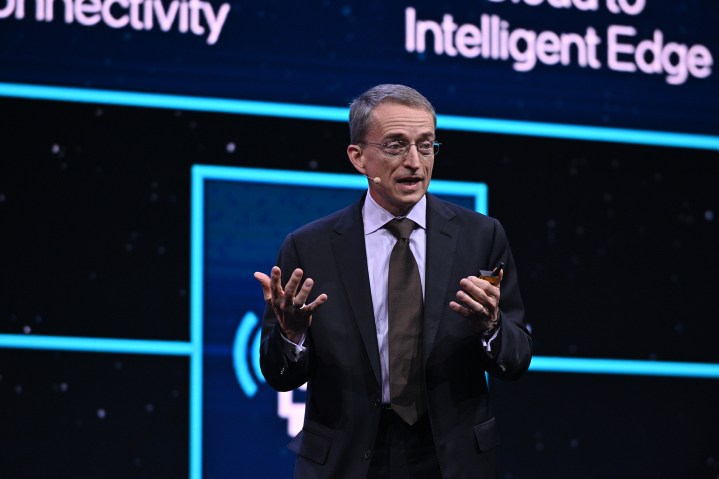 Intel
IntelIntel won’t have a Computex keynote this year. The company recently hosted its own Vision event where it revealed Alder Lake HX processors for laptops, and we assume that would have been reserved for its Computex presentation. Still, Intel definitely has things going on behind the scenes.
When it comes to CPUs, Intel is working on two architectures: Raptor Lake and Meteor Lake. We could certainly expect news on both as Intel tends to be the most open company about upcoming products, announcing key details months or even over a year in advance.
It’s become increasingly likely that Raptor Lake is focused more on the desktop, whereas Meteor Lake is focused more on laptops. In its Investor Meeting 2022, Intel announced that Raptor Lake will reach up to 24 cores, and it’s slated for launch later this year. Meanwhile, Meteor Lake is slated for a 2023 release window and has been described as “lower power,” hinting at it being laptop focused or even laptop exclusive.
Intel is also launching actual desktop-grade gaming GPUs for the first time ever this year. However, Intel’s upcoming Arc Alchemist GPUs have been plagued by delays that have pushed the launch date out to this summer, which also means the official announcement of these GPUs is also pushed back.
This could be a very busy Computex
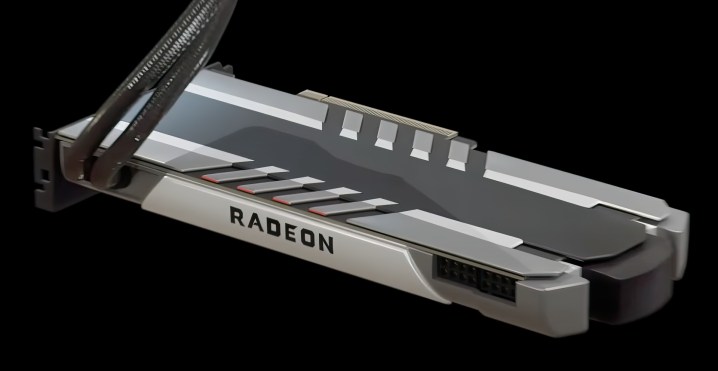
Even if Intel isn’t giving a presentation, AMD’s keynote alone is almost certainly going to be chock-full of news about Ryzen 7000 and RX 7000. As for Nvidia, we probably won’t see anything more than the GTX 1630 and maybe some data center and automotive-oriented news. We would have really liked to see an Intel presentation, and hopefully, Intel will have one in the near future.

 AbJimroe
AbJimroe 












